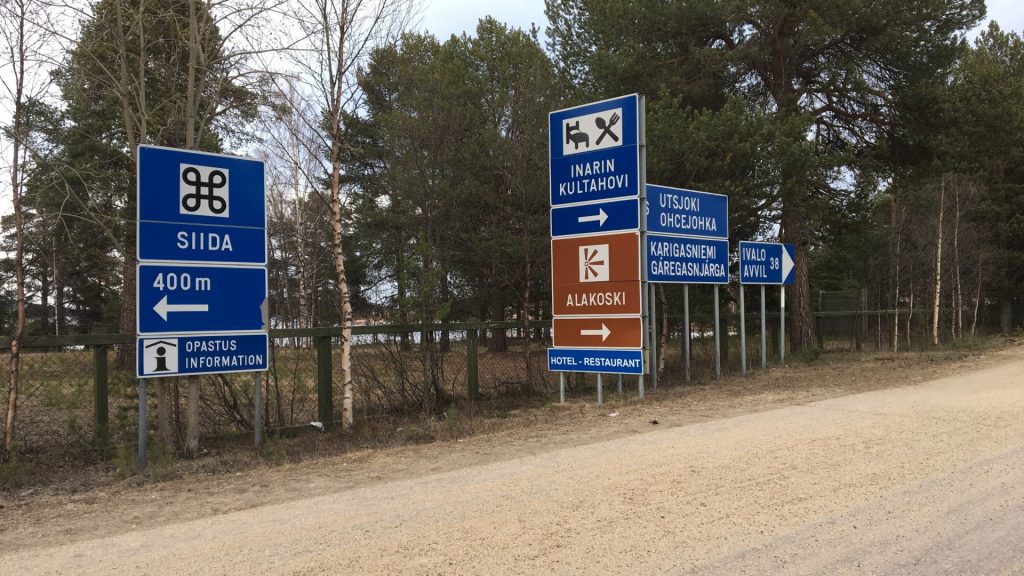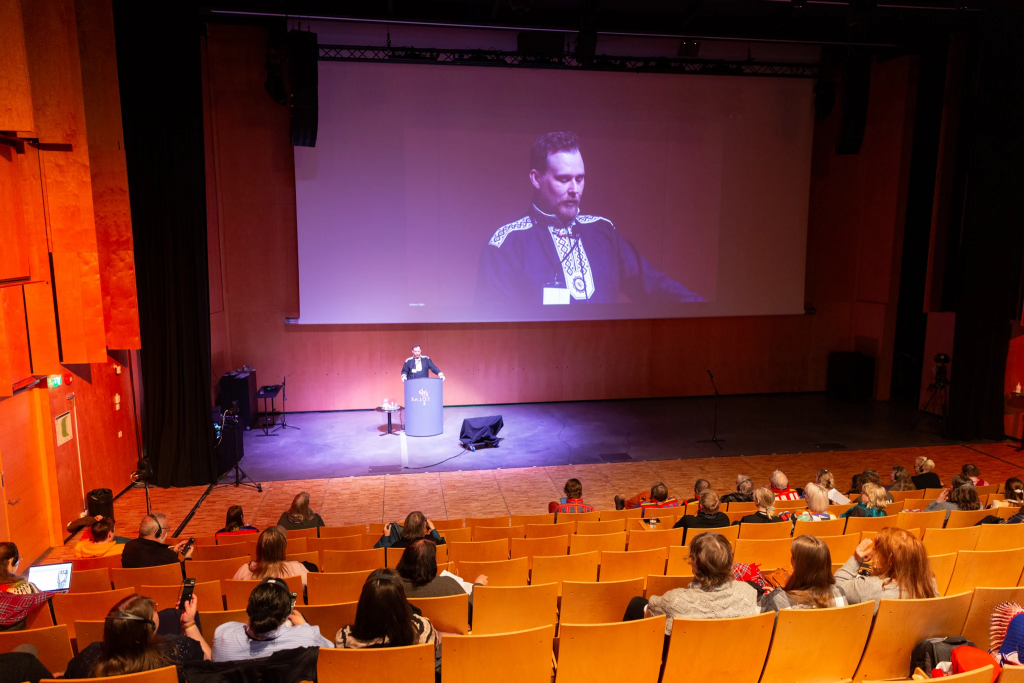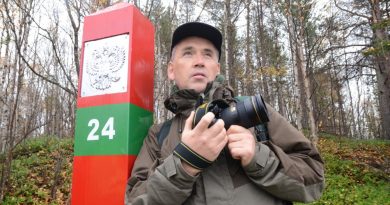Sámi introduce certification to promote ethical tourism in Arctic Finland

The draft of a new certification system was presented Wednesday at the Indigenous Peoples Conference in Inari, Finland that the Sami Parliament hopes will establish standards for tourism operators working in Lapland.
The Responsible Sámi Tourism Certificate will recognize tourism businesses whose operations align with Sámi values and environmental concerns and ensure that visitors experience authentic Sámi life and culture.
“The purpose of the certification work is primarily to clarify the current situation of Sámi tourism, so that we can better support those who operate correctly and sustainably,” Tauno Ljetoff, a member of the Sámi Parliament, said at the conference.
Establishing standards
Tourism operators who meet specific criteria related to cultural and environmental sustainability will be able to obtain the certification. The draft of the certification is still being reviewed, with final approval expected later this year.
The Responsible Sámi Tourism Certificate will be implemented across Sámi regions in Finland, something those working on the project hope can become a model for other Indigenous communities seeking to manage their tourism industries sustainably.
The project is funded by the EU.

Kirsi Suomi, project planner for the certification initiative, the goal is to create clear guidelines that will help businesses align their operations with the values of the Sámi people.
“The criteria will still be considered by the Sámi Parliament’s Board of Directors before being approved by the Sámi Parliament meeting,” she said in a statement.
Economic Benefits for Sámi Communities
Tourism is a key source of income for many Sámi, and this certification is expected to make it easier for authentic businesses to stand out in a competitive market.
“The coordination of traditional livelihoods and tourism is important, and I believe that through certification work we can create even better practices,” Ljetoff said.
The certification follows previous efforts by the Sámi Parliament to promote responsible tourism, including the Principles of Responsible Sámi Tourism adopted in 2018 and the Guidelines for Tourists released in 2022.

Both initiatives were launched in response to the surge in tourism in Lapland, which brought numerous challenges. These included non-Indigenous people dressing up as Sami or mimicking Sami cultural practices, environmental damage disrupting traditional Sami hunting, herding, and gathering, and international tourists photographing Sami children or schools without consent.
This new initiative builds on those efforts to ensure that tourism in Sámi regions is managed in a way that benefits local communities.
Indigenous tourism getting global attention
The Indigenous Peoples Conference, organized in collaboration with the World Indigenous Tourism Alliance and the University of Lapland, focused on ethical tourism.
Discussions at the conference focus on sustainable tourism practices and how Indigenous communities can ensure their cultures and lands are respected in the tourism industry.
The conference runs May 20-22.
Comments, tips or story ideas? Contact Eilís at eilis.quinn(at)cbc.ca
Related stories from around the North:
Canada: U.S. tariffs threatening Indigenous tourism rebound in North, Eye on the Arctic
Finland: Record winter tourist season for Finnish Lapland, Yle News
Greenland: New Copenhagen-Kangerlussuaq flight aims to boost Greenland tourism, Eye on the Arctic
Iceland: Iceland moving ahead on better ways to manage tourism & safeguard protected areas, Eye on the Arctic
Norway: Arctic tourism in Norway: “People crash into trees and get broken bones”, The Independent Barents Observer
Sweden: Reindeer herding affected by increased tourism in Swedish mountains, Radio Sweden



